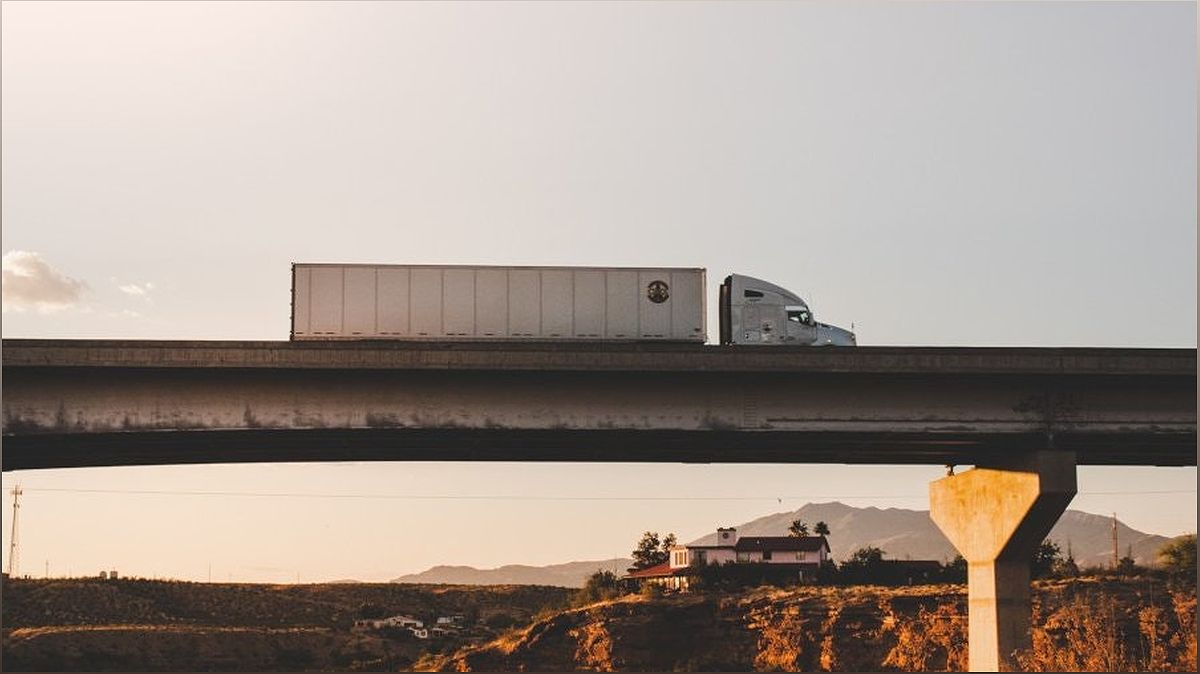Reducing Environmental Impact of Shipping Perishable Goods: A Breakthrough Solution
Explore a project developed by TECNALIA researcher Jessica Miller that has won the Connect for Good Low-Power Sustainability Challenge. This project offers a potential solution to cut transportation costs and reduce carbon dioxide emissions in the shipping of perishable goods. By leveraging smart cellular connectivity and low-power on-device machine learning, this innovative device monitors temperature, air quality, and more, ensuring the integrity of the 'cold chain' while reducing environmental impact. Find out how this breakthrough solution aligns with TECNALIA's efforts to promote sustainable transportation and logistics networks.
The Environmental Impact of Shipping Perishable Goods
Shipping perishable goods has a considerable environmental impact, particularly due to the need for specific temperature conditions during transit. Research has shown that transportation networks with refrigeration capabilities for perishable goods have a greater environmental impact compared to networks for non-perishable goods.
How can we reduce this impact without compromising the safety of consumers? This subheading explores the challenges and potential solutions to address the environmental impact of shipping perishable goods.
Introducing the Connect for Good Low-Power Sustainability Challenge
The Connect for Good Low-Power Sustainability Challenge is a platform that encourages the development of low-power wireless sustainability solutions. It aims to find innovative approaches to reduce the environmental impact of various industries, including shipping perishable goods.
This subheading delves into the details of the challenge and highlights the importance of finding sustainable solutions for the transportation of perishable goods.
The Winning Solution: A Breakthrough in Reducing Environmental Impact
Explore the groundbreaking project developed by Jessica Miller, which won the Connect for Good Low-Power Sustainability Challenge and offers a promising solution to reduce the environmental impact of shipping perishable goods.
Jessica Miller, a researcher at TECNALIA, has developed an innovative connected device that aims to significantly reduce the environmental impact of shipping perishable goods. This project caught the attention of the Connect for Good Low-Power Sustainability Challenge and emerged as the winning solution.
This subheading provides an in-depth look at the device and how it utilizes smart cellular connectivity and low-power on-device machine learning to monitor temperature, air quality, and other crucial factors in the transportation of perishable goods.
Benefits of the Breakthrough Solution
The breakthrough solution developed by Jessica Miller offers several notable benefits. Firstly, it aims to cut transportation costs by 10%, providing significant savings for businesses involved in shipping perishable goods.
Furthermore, the solution has the potential to reduce carbon dioxide emissions by 64 tonnes per year per truck. This reduction in emissions is a significant step towards creating a more sustainable and environmentally friendly transportation system.
By leveraging smart cellular connectivity and low-power on-device machine learning, this solution not only reduces costs and emissions but also ensures the safety and integrity of the perishable goods being transported.
TECNALIA's Commitment to Sustainable Transportation and Logistics
TECNALIA is committed to finding sustainable solutions for transportation and logistics networks. They actively support projects and initiatives that aim to reduce the environmental impact of these industries.
This subheading highlights TECNALIA's alignment with the goals of the Connect for Good Low-Power Sustainability Challenge and their dedication to promoting sustainable practices in the shipping of perishable goods.
Bringing the Technology to Market
The winning project not only receives recognition but also valuable support to bring the technology to market. The creator, Jessica Miller, receives a $20,000 cash prize and a year's subscription to Nordic's nRF Cloud Services and Soracom cellular connectivity.
In addition, the project gains a partnership with competition sponsors, which opens doors for further development and implementation of the technology in the shipping industry.
This subheading explores the exciting opportunities and potential future impact of the winning project.

